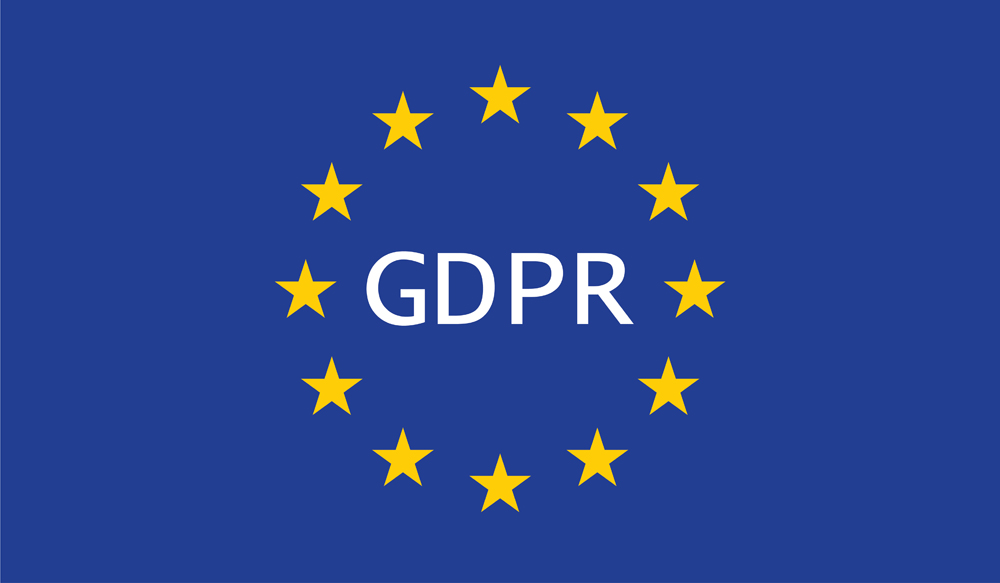New research by data security company Clearswift has shown that board members are more confident than management about their organisation’s ability to comply with the General Data Protection Regulation (GDPR), in time for the May 25th deadline.
The research, which surveyed 600 senior business decision makers and 1,200 employees across the UK, US, Germany and Australia, revealed that 41% of board level respondents think they have all of the necessary processes in place to be GDPR compliant, yet, only a quarter of senior management and even fewer middle management respondents (21%) thought the same.
It is important that the board understands the true state of GDPR compliance in order to address any issues in time for the May 25th deadline, and also to identify ways of growing their business through better information governance.
When it came to the right to be forgotten (RTBF), which entitles EU citizens to request that an organisation deletes all references to them that it holds, over half (56%) of board level respondents think that their organisation could handle hundreds of requests at once. Yet, only a third (36%) of middle management agree.
Not only did the research show a differing opinion between the board and management level respondents, but it also revealed insights into the extent of data duplication that exists within organisations. For example, 49% of board level respondents, and 31% of middle management, thought their organisation definitely duplicated customer data.
Two thirds (66%) of board level respondents and 70% of senior management thought employees in their organisation have downloaded work documents to their personal devices (such as a laptop, smartphone or tablet) that they have not subsequently deleted (unintentionally or otherwise).
Dr Guy Bunker, SVP Products at Clearswift, said: “Board level respondents may have a misplaced confidence when it comes to their organisation’s level of GDPR compliance. However, once a board becomes aware that its confidence may be misplaced, then it is immediately one-step closer to compliance. By engaging closely with management, the board will have a much clearer and more accurate view of the state of compliance, and will be able to put measures in place to address any issues.”
“Middle management is more likely to have a better view of the data that their organisation holds – where it is saved and how it is being used – because they are more familiar with the day-to-day operations and challenges that staff may encounter. For example, if a company doesn’t have its own private file sharing service, then this may drive employees to use third party sites or download data onto a USB. Management should be encouraged by the board not to filter out ‘bad’ information. For example, if data duplication is rife then the board needs to know so it can address the issue in time for the GDPR deadline.”
Bunker added, “GDPR can be the first step towards better information governance: GDPR compliance is about being able to recognise a particular data set and protect it accordingly. The same processes and technology can be used to protect other types of information that are valuable to your organisation. For example, product design documents, price lists, patent applications and even information around service pricing and contract bids.”




